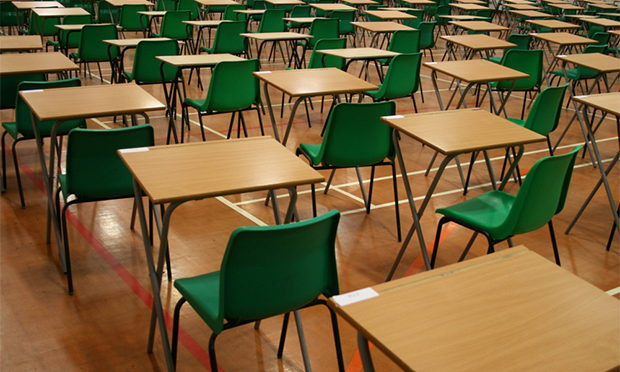Hackney schools ‘well prepared’ for relationship education reforms, say learning bosses

Local education bosses have said that Hackney schools are “well prepared” for government reforms rolling out relationship education for primary and secondary students from September.
The reforms, which will see a mandatory curriculum of relationship education for primary school students and relationship and sex education for secondary pupils, are being “welcomed” by Hackney Learning Trust (HLT).
Parents are to be consulted on the planning and content of the curriculum roll-out, with schools making clear that where LGBT+ issues are taught they will be “fully integrated” into the curriculum, rather than taught as a “standalone unit”.
In a joint letter to local headteachers, Hackney Mayor Philip Glanville (Lab & Co-op) and Deputy Mayor Anntoinette Bramble (Lab, London Fields): “I am sure like all of us you will have been disturbed by the recent scenes in Birmingham and the pressure that some schools there, and elsewhere, have come under to abandon inclusive Relationships Education.
“We welcome these proposals, which will put relationship education on a statutory footing and have written to the government asking them what support they are putting place to ensure implementation.
“We are aware that for many [Hackney headteachers] this will be a welcome evolution of what their school already does, but we are aware that a number of schools in other local authority areas have encountered difficulties in seeking to introduce an inclusive curriculum.”
Primary students are to be taught age-appropriate online safety, including respect for others, the risks of talking to strangers on the internet, and what to do if they find things that make them uncomfortable.
They will also learn strategies for how to look after their mental wellbeing, self-care, and how to recognise signs of struggling in their peers.
Speaking in the House of Commons in February of last year, then Education Secretary Damian Hinds said: “Growing up and adolescence are hard enough, but the internet and social media add new pressures that just weren’t there even one generation ago.
“Almost 20 years on from the last time guidance on sex education was updated, there is a lot to catch up on.”
